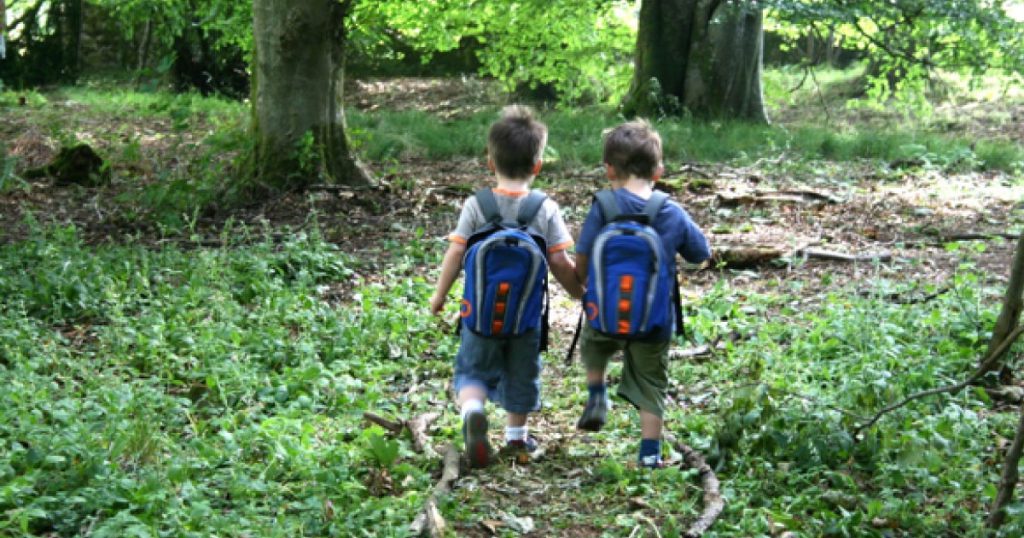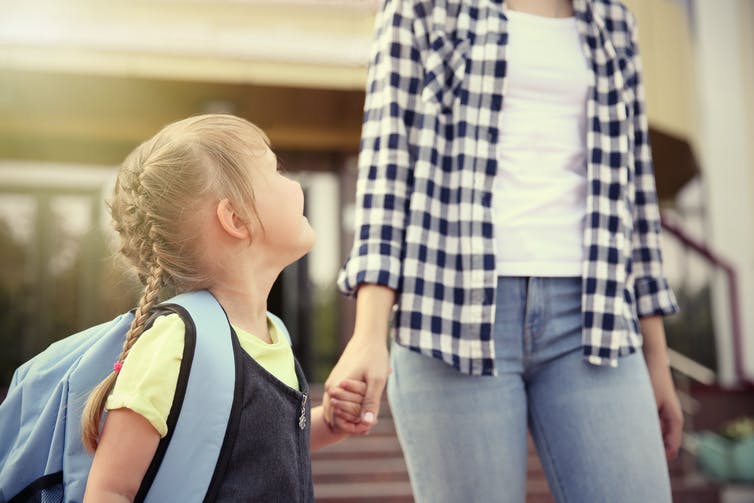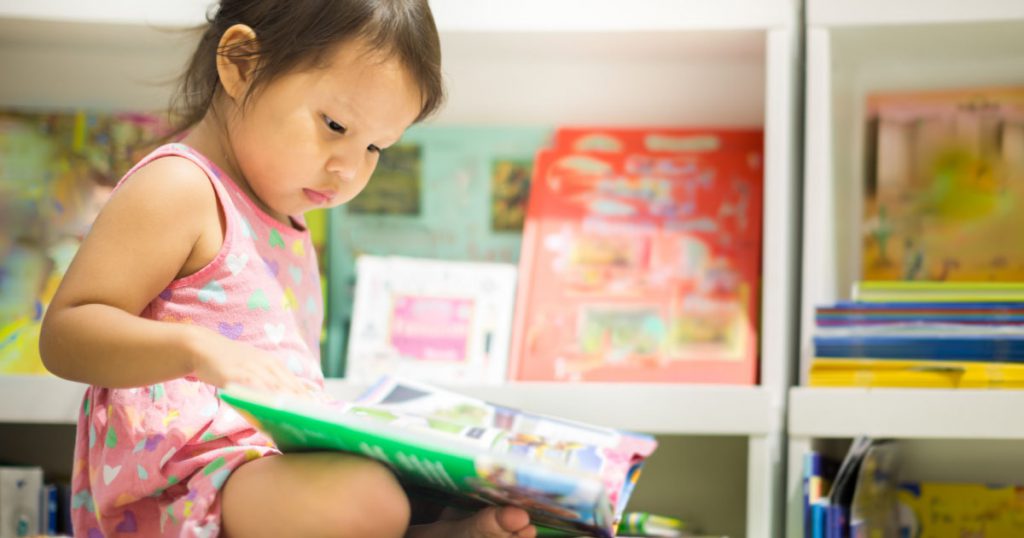
As the end of the year approaches, one of your priorities as an educator will be supporting children as they begin their transition from early childhood settings to primary school. In preparing for this milestone while, navigating the complexities this year has brought, there are many effective tools to help you provide the best support for children and their families.
Here we share some recommendations on children’s transition to school.
1 Prioritise wellbeing
The pandemic has highlighted the importance of wellbeing for children and how it supports their resilience and social–emotional development. As a part of a school or early childhood service, you can provide opportunities for wellbeing by understanding the individual needs of all families, including those with vulnerable backgrounds, and children with special rights. We need to be inclusive of all children and the following resources from the ECA Learning Hub will help you in promoting children’s wellbeing:
This free webinar by Rod Soper explores the development, implementation and findings of the Playing with Gratitude Project and the role of mental health in children’s learning and development. It will help you understand the connection between executive functioning skills, independence, self-regulation and gratitude in the transition process.
Masterclass: Transition to school during COVID-19
In response to sector feedback, the ECA Learning Hub has created a masterclass that will introduce you to Australia’s foremost researchers in transitions and give you an opportunity to explore practical strategies, research and frameworks to support successful transitions to school during the pandemic. This masterclass will be available to everyone for a limited time only and can be accessed until Friday 10 December 2021 for $25.
Other resources on supporting children’s sense of wellbeing include:
Early childhood mental health (brief by Harvard University’s Center on the Developing Child)
Routines and Transitions: Embracing opportunities for learning (ECA Learning Hub module)
Children with a disability and the return to school (IDEAS blog post)
Routines: Opportunities for learning and connecting (The Spoke blog post)
2 Focus on collaborative partnerships
Through a connection with families and children, you can work with teachers to create plans for how each child and family may be supported through the transition process. This means building secure, respectful and reciprocal relationships between everyone involved. As suggested by research, it is important that you take on board the strengths and diversity of individual families and their situations. This is particularly relevant as lockdowns brought on by the pandemic have resulted in many disruptions to routines and relationships. For the children entering school in these complex times, it is vital that you work in collaboration with teachers and families to build bridges and develop a nuanced understanding of each child’s context. Following are some helpful resources to aid in this collaboration:
ECA’s Research in Practice Series title ‘Transition to school: Communication and Relationships’
Communication is a key underlying process that supports positive relationships and this book by Dr Kathryn Hopps will introduce you to the transactional model of communication. An understanding of some of the elements of this model will help you build and maintain relationships and contribute to successful transitions to school.
First Year at School: Essential Tips for Parents and Carers
This is an essential guidebook that you can recommend to parents to help them understand the challenges of starting school. It provides a framework of what to expect and how to work in partnership with schools and teachers to help children thrive during their first year at school. Working through this book together with the families, you will be able to ensure that everyone involved is using the same language and strategies to support children through the transition.
3 Build on innovative practices
According to Harvard University’s Center on the Developing Child, being innovative means taking risks, learning quickly from ideas that don’t work, testing new ideas and promoting professional learning environments. The challenges of the past 18 months have inspired educators to put this in practice and come up with some unique and imaginative techniques to maintain children’s sense of belonging and support their physical, social and emotional needs. On ECA’s blog, The Spoke, researcher Fiona Boylan explains how schools can nurture children as they start formal schooling during the pandemic and discusses new strategies that educators can use to support transitions. She stresses the need for building safe and welcoming environments, whether face-to-face or online, and encouraging a growth mindset in children. The following resources may be useful:
Research in Practice Series title ‘Mindset Matters’
During challenging times, it is important to make a concerted effort to promote a more positive view. This empowering resource will help you plan everyday experiences that promote resilience and develop a growth mindset in children.
Environments have a significant impact on how children learn. When early childhood professionals consider the needs of all children, and adjust the environment accordingly, they can maximise children’s learning and development, enhance inclusion, and support children’s curiosity.
This article was adapted from ECA’s Spend a Minute newsletter, you can read previous newsletters and subscribe here.
First year at school: Essential tips for parents and carers
By Early Childhood Australia and the Australian Primary Principals Association
Starting school is an important milestone for both parents and children. First Year at School is an essential guidebook for parents that breaks down the challenges and expectations of starting school—from the preparation that is required a year before school starts, to picking the right school, developing relationships with teachers, dealing with technology and building children’s social and personal skills. Full of new information, this book will help parents support their child through one of the most important years of life. Purchase a copy on the ECA Shop.



